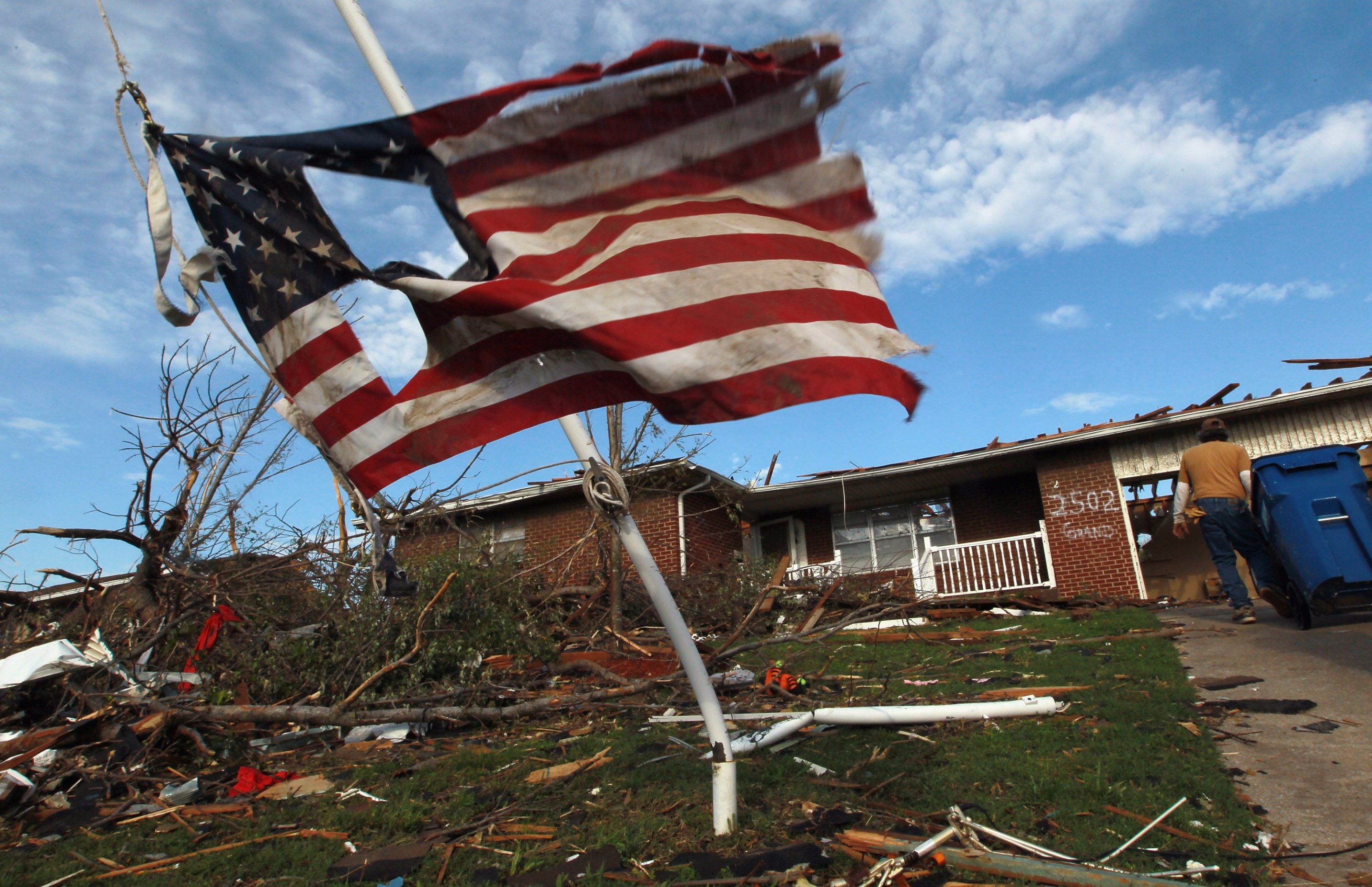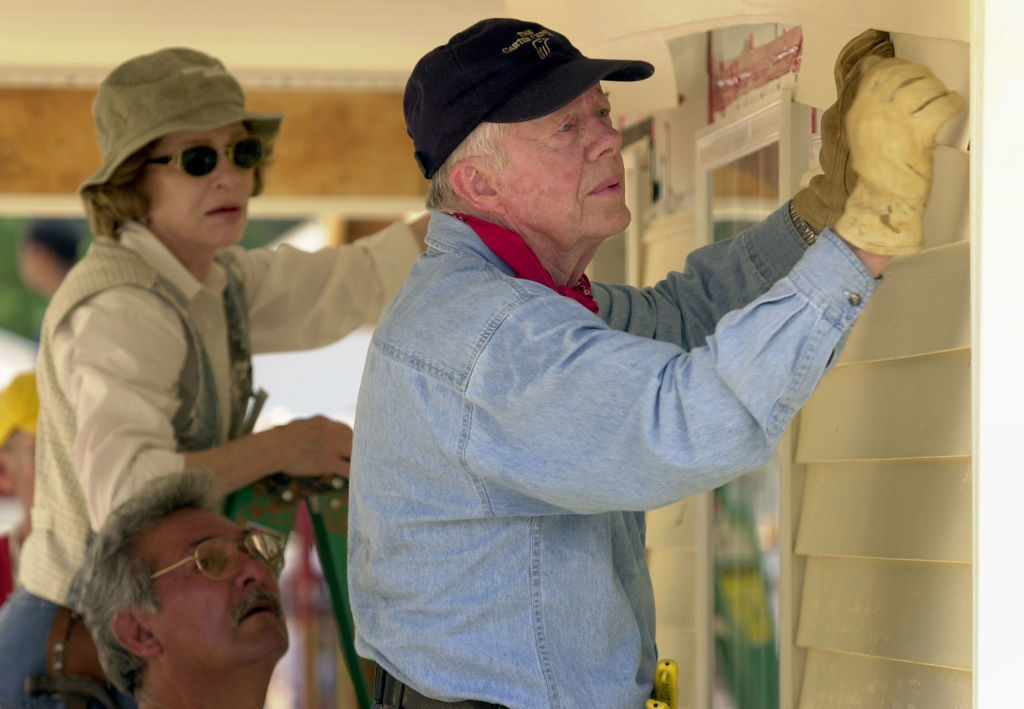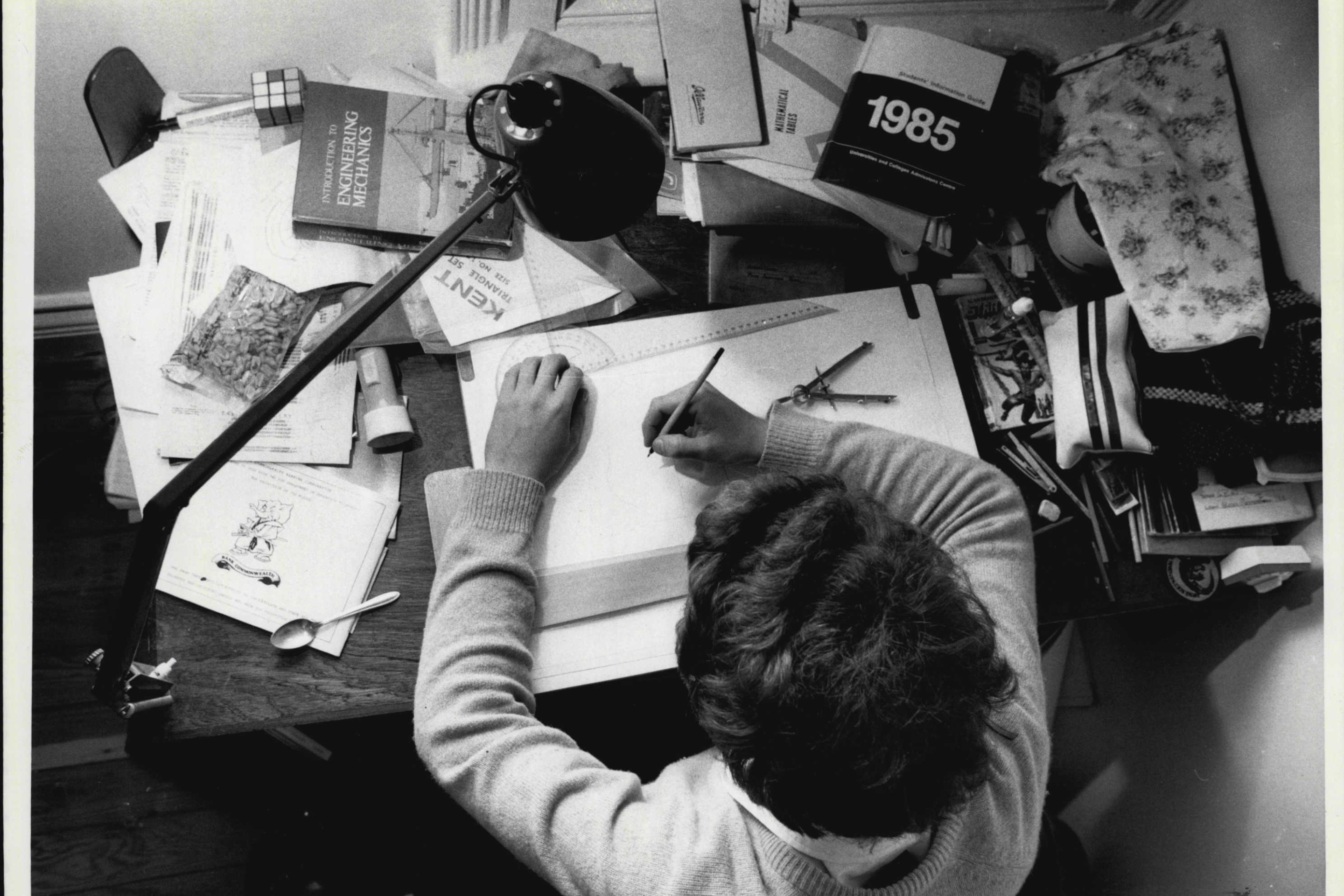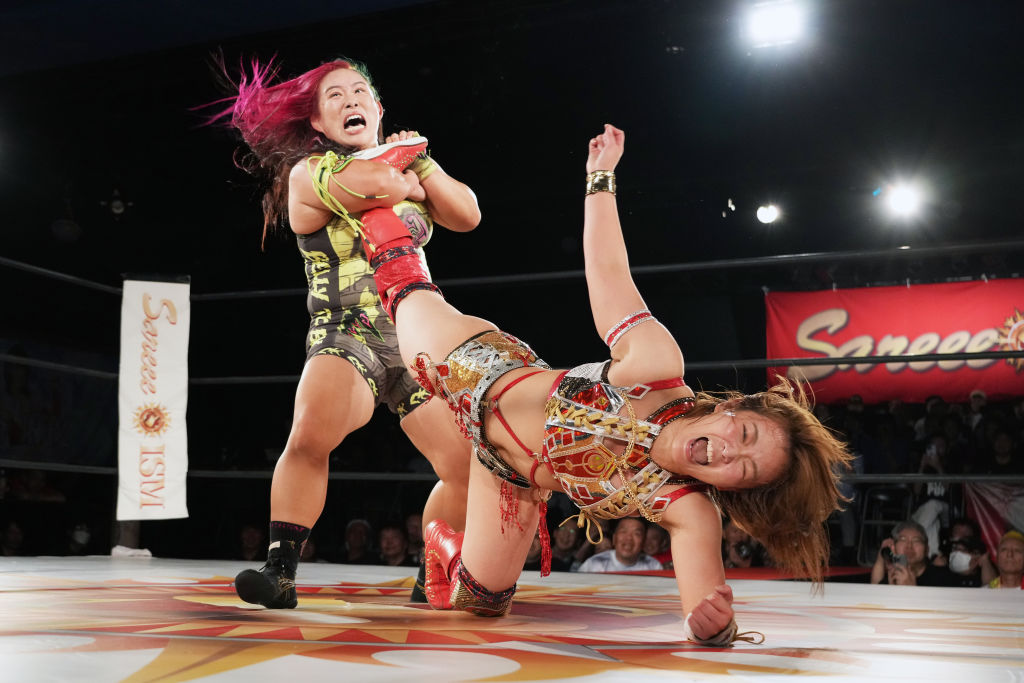Yesterday, I went to the local pharmacy in my neighborhood to pick up my monthly prescriptions. The pharmacy is small and narrow, and was crowded at 5 p.m. A few children were waiting in line to receive booster shots, their tired-eyed parents trying to corral them. The rest of us stood in another line waiting for the pharmacists, who raced back and forth trying desperately to keep the parents calm and the vaccine line moving and the prescriptions going into their bags and over the counter and out of the store. They were overwhelmed. The line kept growing.
One of the parents kept waving the clipboard with the form for his child every time the pharmacist had a minute to breathe. Around the fifth time he did this, two men waiting patiently near me in the line turned and snapped at him. “Shut the fuck up,” the guy in front of me said. “Can’t you see he’s trying his best?” There was no evident coordination between the two. They just each seemed to reach the end of their respective tethers at the same moment.
The pharmacist ignored this exchange, but the tension lingered. The annoying parent, to his credit, stopped waving the clipboard, stopped asking when it would be his child’s turn. Standing there for 20 minutes, waiting, I felt a dread that has appeared regularly and without warning for months. All of us were at, or near, our breaking points: the people in the line, the pharmacists, the children, the parents. Everyone is exhausted and frustrated.
All around the pharmacy these signs were hung, printed on regular paper with the words “NO RAPID TESTS” in giant blue font, highlighted yellow. They have been up for weeks. It all feels like some terribly boring nightmare, this gentle constant frustration in the space where hope used to be.
Two weeks ago, in the same pharmacy, I helped a woman who only spoke Spanish find the city webpage about rapid tests on her phone. We are lucky in Washington, D.C. Our city government has decided to do something, and done it. They have made rapid tests free to pick up at one library in each ward, two rapid test boxes per person per day with proof you live in the district. There are no flyers anywhere about this, though, and unlike the many times our mayor has instituted curfews, the city sent no push-alerts telling people about it. I knew because I read local news and follow my city representative on Instagram. When I told the woman in the pharmacy, she had no idea.
Standing in the line this week, I could not stop thinking about her, about the signs that only said NO, about the fact that the president of the country where all this has been and still is happening, tweeted last week that American people should try Google to find rapid tests instead of doing what many other wealthy countries have easily managed, which is mailing those tests to people’s houses for free. I have been thinking about how it feels and what it means to have been left so thoroughly alone.
Get a vaccine, the CDC says, because you can’t afford to get sick. Pay $30 for a rapid test, the drugstore says. Get to work, employers say, it’s important. Quitting your job, the papers add, will upset your boss, whose feelings matter. You shouldn’t have used that space heater to keep your family warm since the landlord refuses to fix the heat, a mayor tells the survivors and the dead of a building fire; you should have closed the door, which was built to close by itself but does not, as you fled your burning apartment. All of this, finally, is your problem. It’s your fault. It’s you.
It’s not, though. That’s what has been keeping me awake long after I’ve climbed into bed. It’s not us. We are not the ones who have failed. The country has always worked this way. You just tend to notice it more when all that absence comes barrelling down on you at once.
Early in the pandemic, I felt a dangerous kind of hope even when things were very bad. Lots of people were dying; everyone on the street seemed terrified. There was very little toilet paper to be found in my neighborhood. Everything was dire. In April 2020, 14 percent of Americans were unemployed. But it also seemed like the government might actually do something to help, and they did. They passed a bill to fund vaccine research and development worth $8.3 billion. They passed the CARES act, which actually sent people some money to help them survive. Student loan payments were suspended, as were evictions. Maybe, I let myself dream, this could open up some kind of possibility down the line—that watching our society crack might inspire us to patch those weak points up, maybe even through some sort of New Deal. Maybe this massive universal trauma could be redeemed, and future ones prevented, by creating a society that worked better for everyone.
And we got the CARES Act, and we got the miraculous vaccine. Scientists were stunned that, less than a year after the global outbreak of the virus, vaccines were being put into people’s arms. It had never been done before! But that initial burst of optimism has long since left behind a country bitter, and scared, and broken. Today, 10 months after my first dose and two months after my booster, I realize that my hope and my optimism was unfounded. The points of weakness are now points of leverage—you can still lose everything just from getting sick, the state says, so get vaccinated. And good luck. We have been rewarded for all of our suffering and all of our patience and all of our frustration with not just the same broken country we’ve always had, but a concerted effort to make sure that Returning To Normal does not mean improving upon the pre-COVID status quo in any meaningful way.
Hospital stays can be expensive, but COVID-19 vaccines are free. Help protect yourself from being hospitalized with #COVID19 by getting vaccinated.
— CDC (@CDCgov) December 27, 2021
Find your vaccine: https://t.co/xbvNiaVJKV. pic.twitter.com/NEwqZqzAwI
The United States does not become the kind of country that threatens its citizens with onerous hospital bills as part of a vaccine promotion campaign by accident. This is how the country was built, and how the system has grown to work; it is how it was designed. Even miraculous innovation on the order of mRNA vaccines is not used to make everyone’s lives better. It was only marketed that way, for a little while.
This might explain, as I’ve tried to figure out this blog, why I have not been able to stop thinking about the cotton gin. Most Americans were taught in school that the cotton gin was an American invention, the creation of a man named Eli Whitney. But until a couple of years ago, I didn’t realize why the cotton gin is really important.
I learned through reading The Half Has Never Been Told by Edward Baptist that before Eli Whitney invented the cotton gin in 1793, the profits of crops like indigo, tobacco, and rice—all of which were farmed by enslaved people—were dropping dramatically, leaving the U.S. economy in trouble. Cotton, a potential cash crop, was thwarted by a very narrow bottleneck in its production. Seeds had to be removed from the cotton by hand, which dramatically limited the amount of cotton that could be picked every day. That work is what the cotton gin did. It allowed enslavers to clean as much cotton for market as they could grow and harvest, and broke that bottleneck. This, we have been taught, was a world-historic innovation. But there was more to it than that, Baptist explains:
“Once the gin shattered the processing bottleneck, other limits on production and expansion were cast into new relief. For instance, one constraint was the amount of cheap, fertile land. Another was the lack of labor on the frontier. So enslaver-generals took land from Indians, enslaver-politicians convinced Congress to let slavery expand, and enslaver-entrepreneurs created new ways to finance and transport and codify ‘hands.’ And given a finite number of captives in their own control, entrepreneurs created a complex of labor control practices that enslaved people called ‘the pushing system.’ [...] Innovation in violence, in fact, was the foundation of the widely shared pushing system.”
The cotton industry, bolstered by this invention, was later used by economists as an example of “perfect competition.” The market was so large that no one could control more than one percent of the total. Innovations were shared among these competitors, including innovations in violence. The cotton industry of the 19th century was the archetype upon which Alfred Marshall grounded the famous supply-and-demand curves we were all taught in school. An industry based entirely on the inhumane and atrocious business of slavery meant enough to the people profiting from it that they seceded from the union and started a civil war.
Ever since I learned this, I haven’t been able to hear the word “innovation” without cringing. Who is the innovation for? Whose lives will it ruin, and what exactly will it make better in the world? This, I am coming to realize, is the fundamental flaw with capitalism as we live it. If it does breed innovation, that innovation has no inherent ethics; left alone, it could ruin more people’s lives than it helps.
A system that funnels rapid antigen tests through various companies trying to make money off them, for instance, isn’t one that cares about us at all, although it is the one in which we must participate in pursuit of that care. Sure, we have the miracle of the vaccine, but as I am being promised that we will be “returning to normal” soon and that the country is “reopening,” I don’t feel optimistic. The normal we had before was bad for most people. After two years of misery, going back to it just does not feel like enough. The vaccines are miraculous, but they cannot and will not fix what actually ails us.
The minimum wage is still atrociously low. Cops are still shooting black people in the streets. School shootings are only down because the students are learning virtually. Everything is more expensive and not any nicer. Our experiences of buying things are also bad. The government’s relationship with the people is that of a disapproving and forgetful grandparent with a very young and very naughty child. The country is in shambles, and everyone can feel it.
Here is the trauma of this generation, the moment in which the present became so oppressive and deadly and bad that there was no choice but to envision a better future. How silly of me to assume that what had held true for the generations now in power would extend to us. How ridiculous to dream that we might get our own Works Progress Administration, or a livable minimum wage, or some student loan debt relief. How impossibly naive to believe that something might get better as a response to how much worse everything had become.
The people in charge, it seems clear, never wanted things to get better. Since the earliest days of the pandemic they have given us vague instructions, asked us to sacrifice our lives and our happiness for the faint promise of Getting Back To Normal. If we suffered gamely enough, for long enough, we might win back... the same country we had before.
It’s the same threat the Democratic party makes every election cycle now. "We've got to vote like the future of our democracy depends on it,” a letter from Michelle Obama published this week read. The Republican party is making a very real effort to restrict voting rights and make future frauds easier to perpetuate, but the opposition’s promise isn’t a better future or a better life. The Democrats are now the party of only trying to stop things from getting worse; they currently control the House, the Senate, and the Presidency and yet they have accomplished very little, either because they are so corrupt or so self-defeating or so uninterested as to have accepted the idea that Accomplishing Very Little is what they are there to do. Because there is no link between “saving democracy” and the policies this so-called democracy might pass to make our lives better, it once again feels like we are being threatened. That’s a nice brutal and untenable status quo you’ve got there, it leers, be a shame if you did something that let it get somehow even worse. We have now endured almost two full years of all this hardship, and stand to get nothing but its (contingent) end in return.
Time does not run backwards. The virus exists now and will continue to exist. But in order to continue underserving the people they represent, elected officials need us to believe that the past was an idyllic time to which we should want to return. They need us to look at the cotton gin and praise American innovation, instead of seeing an instrument of violence. They need us to idealize the past because the system blithely fails most people in the present. They need us to feel like it is our fault that the things schoolchildren are told make the United States different, and great, quite obviously no longer work at all.
Standing in the pharmacy this week, I remembered how early in the pandemic there was a small hope that maybe, because everyone was sick, insurance companies would somehow go bankrupt. Maybe, we would finally get some kind of healthcare to rival every other democracy in the world. I remembered this because for months I have been fighting with my insurance. I need to take 450 mg of a drug. My initial prescription was for three 150 mg pills, but the insurance I pay so much fucking money for argues with the pharmacist every single month because they want me to take one 300 mg pill and one 150 mg pill. The prescription has been fixed to this inane, ridiculous requirement for months now, but still the insurance flags it and creates some kind of problem that the overworked but very kind pharmacist then has to solve for me. Every single person in the line in front of me had an issue like this.
The pharmacy wasn’t chaotic because the people behind the counter weren’t doing their jobs. The pharmacy is chaotic because the system in which it exists pushes it towards that chaos. The chaos was caused by a poor vaccine rollout program that forced extra work onto pharmacists without extra staffing or resources. It was caused by a terrible healthcare system that makes it difficult for them just to fill prescriptions in the first place. It was caused by poor, lazy information distribution, which made it unclear when children could be boosted and how. It was not caused by people who, after being ground down for two years, just didn’t have the bandwidth to think about other people. You have to put your own oxygen mask on first so that you can help the people around you.
That, then, was what hung in the air in the pharmacy after some tired men told another tired man to calm down—the sense that all of us just had to try to get what we could. I see people all around me helping each other even more than before. Everyone is frustrated, and their patience is thin, but no one is defeated yet. In the pharmacy, people yelled at the clipboard man, sure, but it was to help the pharmacist. They held open the doors for a parent with a stroller. They pointed when someone dropped a glove. The desire to support each other is unflagging even when people are exhausted.
We pay taxes, theoretically, so that the oxygen masks will (at a bare minimum) drop from the ceiling before the plane crashes. But the masks are not dropping and we are rapidly losing altitude. The option of paying $40 for a mask that should be handed to us is dangled in our faces while a $2.1 billion fighter jet lands safely beneath us. The government, whose only purpose is to help us work better than we work alone, is fundamentally failing us. Of course it is infuriating.
The problem is no longer just the pandemic. It is, more precisely, that our government is blaming the pandemic for problems that it created. We do not deserve to go back to a normal that is so terribly bad for most people. We do not deserve to pay more for worse things. We do not deserve to be sold the lie that it is just more important for companies to make money than it is for us to live. Certainly no one would choose that, if they felt they had a choice.
We deserve a country that uses our tax dollars to make our lives richer, and better, and easier. We deserve a country that can promise a future that improves upon some glorified, false version of our past. We deserve, simply, a country that makes it easier to be alive. That is what a society is supposed to be—people working together to help each other and make the places they live better. It is what we wait for, what keeps the lines orderly. It is supposed to get better.





